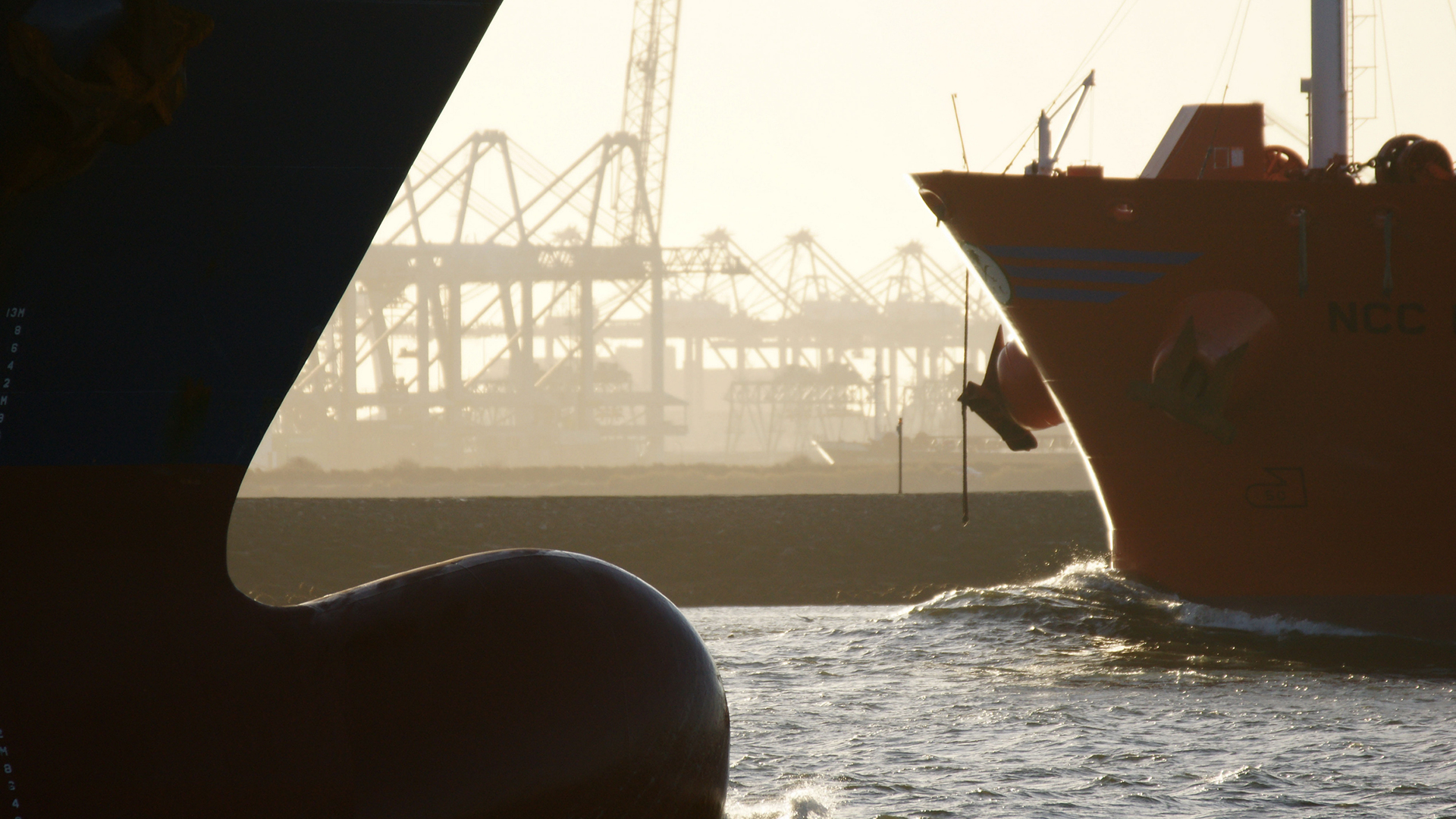
Publication
ESG and internal investigations: New compliance challenges
As ESG concerns have come to the forefront in different jurisdictions, the scope of these inquiries is expanding in kind.


Global | Publication | July 2020
We are close to seeing commercial deep sea mining become reality. After much discussion and stakeholder input, the International Seabed Authority is close to publishing its final exploitation regulations. These have been long awaited and will enable many companies and countries to start commercial production from the seabed. Given the increased impetus for investment to be linked to sustainability or green projects, can deep sea mining vessels and projects realistically fall into these categories?
Over the last few years, sustainable and green financing has become increasingly important to a number of institutions. Bloomberg estimates that this market is now worth $75bn, and is growing. All of this is in spite of the fact that the LMA Green Loan Principles were only launched in 2018 and the Sustainability Linked Principles in 2019. The two sets of principles are not to be confused: green loans finance green projects, whereas sustainable loans encourage environmental and socially responsible governance.
However, they both have one thing in common – they require transparency, regular disclosure and, it is often argued, independent assessment. These requirements are important both at the outset of the financing, but also throughout the life of the loan/bond. There have been situations where companies and financial institutions have been accused of “greenwashing;” labeling a practice or project as green or sustainable, where the real impetus is somewhat different. This is a growing area of reputational risk.
The perceived irony of suggesting that deep sea mining, an activity against which many environmental groups have protested, could be considered truly green or sustainable is appreciated. However, the exploitation regulations (drafted by the International Seabed Authority, an arm of the United Nations) have been developed during a time of increasing environmental scrutiny. The regulations are on their third iteration with open public consultation at each stage, including governments, private bodies, stakeholders and NGOs. As a result, the regulations require that any entity applying for a license must publish their individual environmental and social risk (ESR) plan for public consultation at least 60 days in advance of approval and take into account all views in order to even be eligible for consideration. They must also provide a dedicated environmental performance guarantee and report (and be inspected) regularly. Failure to comply with their plan or concerns over their performance can lead to their license being suspended. The real strength of this is that an organ of the International Seabed Authority is enforcing the regulations; it is not based on the view of a financier or a government directly benefiting from royalties.
The types of minerals found underwater are also essential to supporting and strengthening the renewables industry. The demand for electric cars and electricity storage will only seek to increase demand for cobalt, a commodity essential to producing lithium batteries. Polymetallic nodules (found in the Pacific Ocean) are rich in cobalt and can be harvested from underwater by scooping them off the seabed. Tellurium is a rare earth metal (often likened to platinum for its rarity) used for building wind turbine blades and solar panels. Ferromanganese crusts, many of which are found around the Canary Islands, are rich in this key commodity.
Like land-based mining, which has long been subject to criticism relating to both environmental and social disruption, sea-based mining is not without impact. Although deep sea mining will disturb the sea floor, and many express concerns over the ecosystems which will need to recover, technological tools are being designed specifically to ensure minimal disruption. In fact, one of the key aspects of the regulations is to ensure that a base environmental survey is performed in order that license holders can be tested during and at the decommissioning stage of the project as to their impact.
So what better to fit properly within green and sustainable principles than an industry which is developing (both in laws and technology) at the same time as environmental concerns are rising ever higher on the global agenda? With shipping getting ever greener with the IMO regulations on emissions coming into force, it could just be that deep sea mining starts to look more attractive. And if all that is viewed against the commercial backdrop of many offshore support vessels being available for supply, this new industry could just be about to boom.

Publication
As ESG concerns have come to the forefront in different jurisdictions, the scope of these inquiries is expanding in kind.

Publication
In compliance with the constitutional reforms published in the Federal Official Gazette, new secondary legislation regulating the energy sector, specifically in terms of power and hydrocarbons, was published on March 18, 2025.

Publication
In compliance with the constitutional reforms published in the Federal Official Gazette, new secondary legislation regulating the energy sector, specifically in terms of power and hydrocarbons, was published on March 18, 2025.
Subscribe and stay up to date with the latest legal news, information and events . . .
© Norton Rose Fulbright LLP 2025